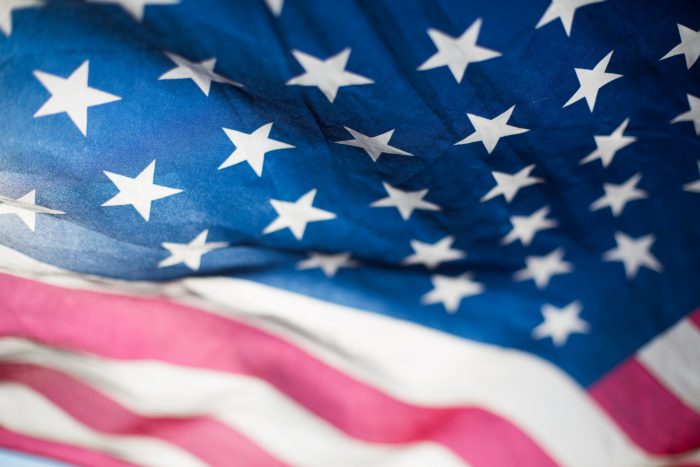
Did you know veterans and active military service members have double the chance of developing HPV-based cancers than civilians? HPV is the human papillomavirus, usually transmitted from intimate skin-to-skin contact during sexual activity.
Research studies reveal veterans and military service members only have a 50% chance of getting vaccinated for HPV compared to civilians. As a result, the number of HPV-related cancer deaths among veterans and military members is much higher. Worst of all, these deaths were preventable.
Researchers gathered data from the Veterans Health Administration and looked at over 128,000 younger veterans between 18 and 26 who went to their primary care doctor at least once from 2018 to 2020.
After comparing veteran data to federal-based civilian data, the researchers found that 18.7% of male veterans and 30.2% of female veterans have received the HPV vaccine. In comparison, 37% of civilian men and 62.4% of civilian women received the HPV vaccine.
Another research study revealed that 37.8% of active-duty military women and 3.9% of active-duty military men had gotten one or more doses of the HPV three-dose vaccine. These results are staggering, especially for active-duty men. But, of course, the U.S. military does not require active service members to receive the HPV vaccination. It is their choice.
The demographics of veterans receiving the fewest HPV vaccinations are Native American women and Caucasian men. On the flip side, the demographics of veterans receiving the most HPV vaccinations are male and female Pacific Islanders and Asian Americans.
At the University of Pittsburgh Medical Center, the chairperson of the otolaryngology department, Jose P. Zevallos, was the senior author of the research study. He believes these unfortunate research findings should prompt the Veterans Health Administration and the U.S. Department of Defense to encourage veterans and military service members to receive HPV vaccinations.
The U.S. Centers for Disease Control and Prevention recommends that children and young adults between 11 and 26 receive the HPV vaccine as soon as possible if they have not gotten it yet. If a person gets vaccinated before contracting HPV, they will have a better chance of avoiding a sexually transmitted infection from the virus.
Remember that some strains of HPV have been known to cause life-threatening cancers like penile cancer, vaginal cancer, cervical cancer, and anal cancer. So if the vaccine can prevent someone from getting an HPV infection, it could also prevent them from getting one of these HPV-based cancers.
Therefore, the Veterans Health Administration and the U.S. Department of Defense need to better educate veterans and military members about the importance of getting the HPV vaccine and how it could potentially help save their lives.






